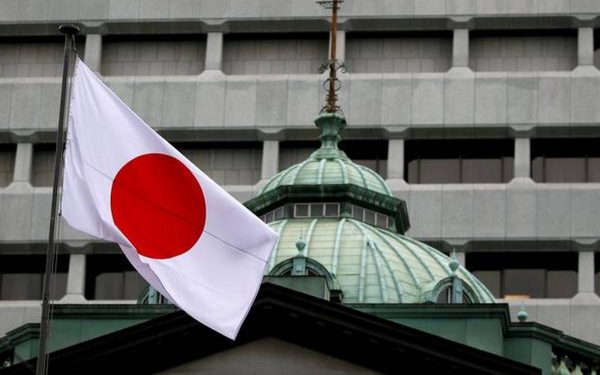By Adeniyi Olowoporoku | BTC Manager
April 2, 2021
Japan is set to tighten up cryptocurrency laws by implementing the Financial Action Task Force (FATF) travel rule. According to the Financial Services Agency (FSA), this will help tackle money laundering in the Asian country.
FATF Rule to Be Adopted by 2022
FSA revealed on Wednesday that it would implement the FATF travel rule by April 2022. The regulation to be adopted requires all virtual asset service providers to share transaction data of senders and recipients of crypto-assets.
The FSA also revealed that it had requested the Japan Virtual and Crypto Assets Exchange Association (JVCEA) to advise its members to prepare for the implementation of the rule. FATF created the travel rules to prevent cryptocurrencies from being used to finance terrorist and money laundering activities. Japan authorities have been concerned about the use of cryptocurrencies to perpetrate financial crimes within the country.
Despite having some of the strictest financial laws regarding cryptocurrencies and the new travel rule, this will only serve to expand on existing regulations. Japan will be following the lead of neighboring nation South Korea which recently implemented new crypto regulations.
The South Korea Financial Services Commission began to enforce anti-money laundering laws on March 25. This new development has led to ripple effects with global crypto exchange OKEx ending operations in the country, citing problems in complying with the new rules.
Crypto Regulations Gaining Steam Globally
Cryptocurrency regulations are gaining steam globally, with regulators looking to implement new laws guiding crypto-assets use and nature. The popularity of bitcoins and cryptocurrencies has led to financial regulators placing a firmer gaze on crypto-assets as a financial vehicle.
Governments across the world have proposed stricter crypto regulations, while others have looked to ban it outrightly. Nigeria considered the largest bitcoin market in Africa, recently restricted banks from processing transactions for crypto exchanges. One of Asia’s largest markets India is also set to implement the controversial crypto bill in the coming months.
Most of the new regulations have been met with the local crypto community’s dismay, which cites limitations and other unfair practices in these regulations. It is expected that 2021 could be the year of regulations as more countries are proposing laws that would govern the use of cryptocurrencies in their jurisdiction.
